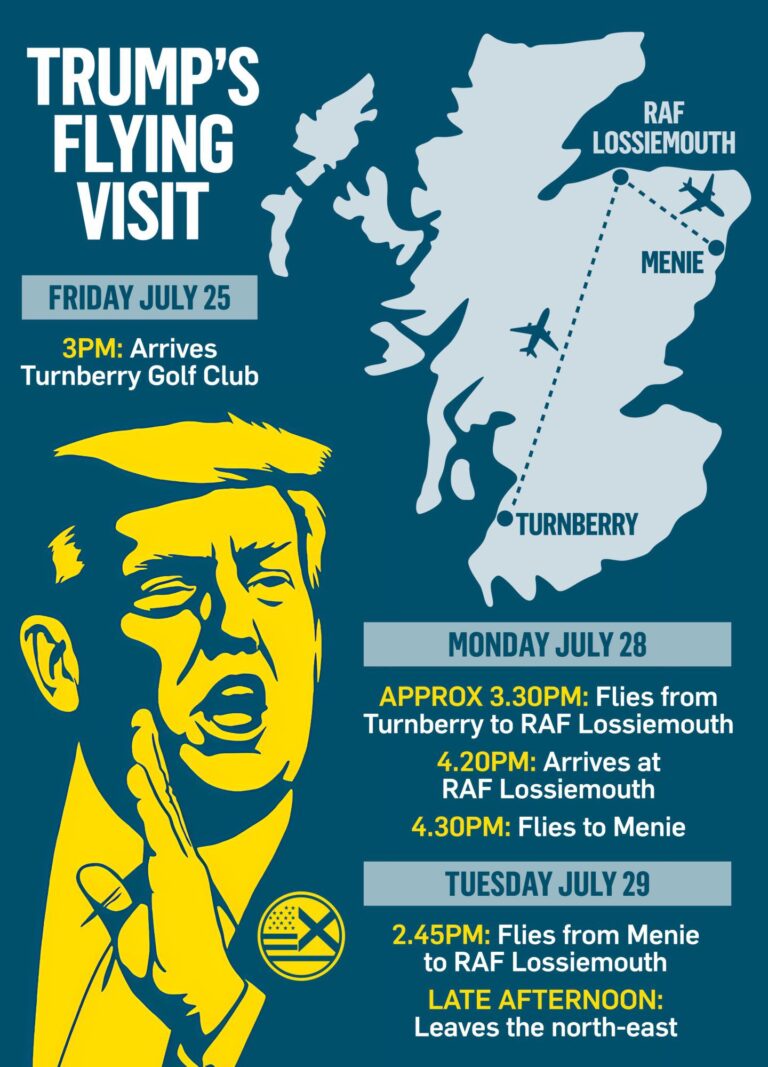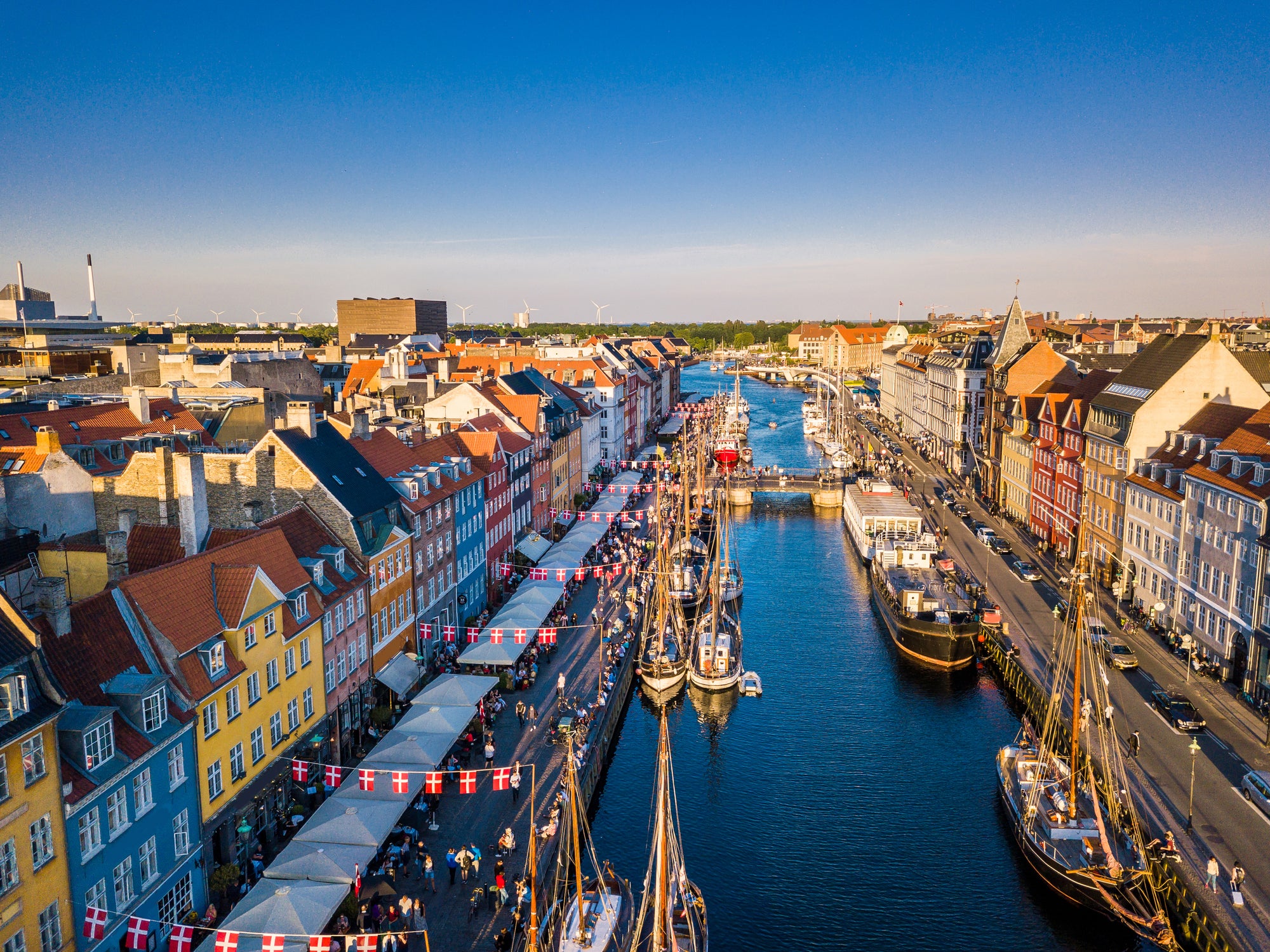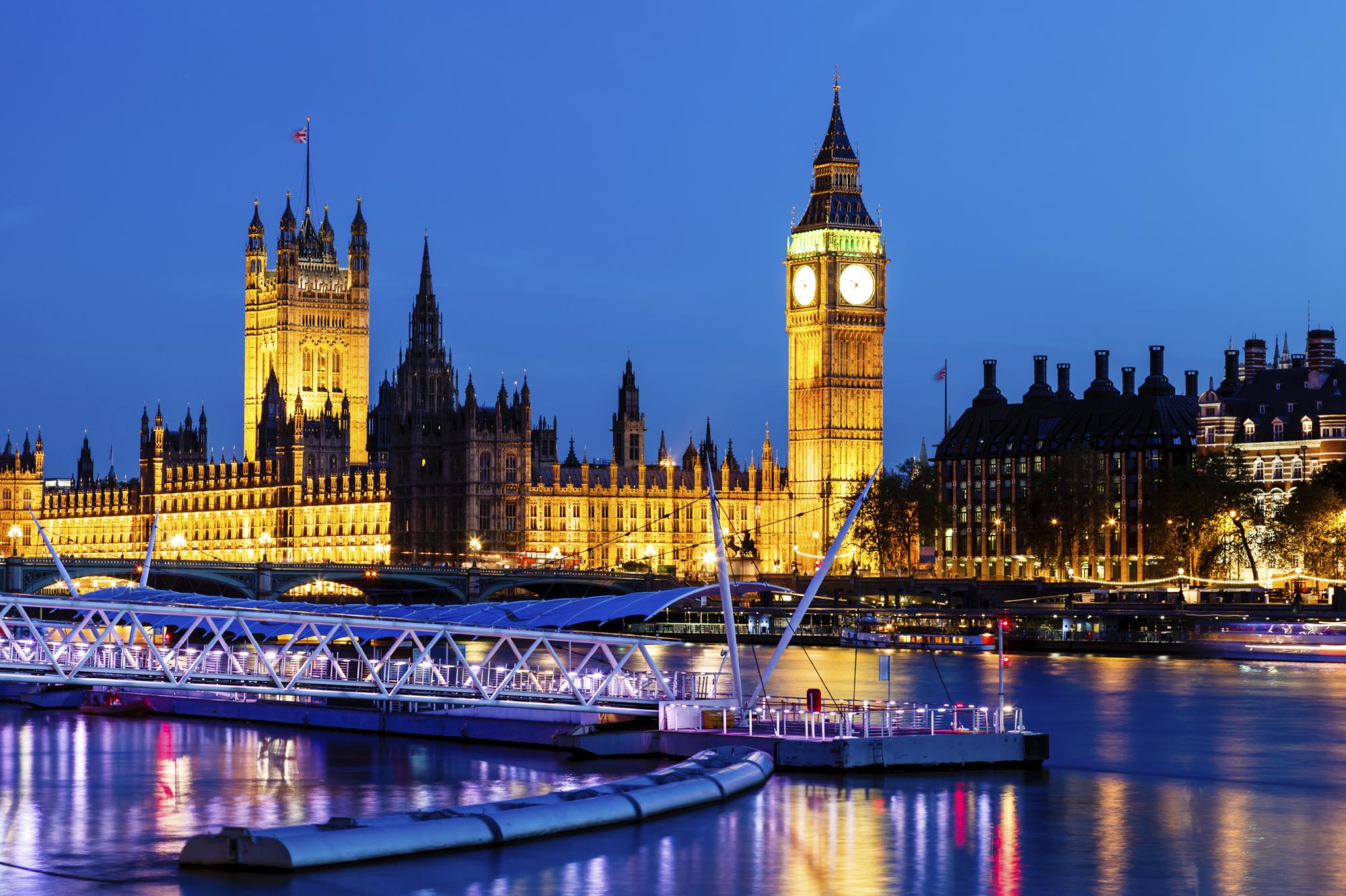Riders rattled, alliances tested as Madrid backs pressure on Israeli team
Spain’s grand cycling tour has become an unlikely front line in a wider political fight, with coordinated protests against Israel repeatedly disrupting the Vuelta and drawing in the Spanish government. Demonstrators have targeted the Israeli-owned Israel Premier Tech squad, seizing TV sightlines and, at times, the race course itself. Police say more than 20 people have been detained in recent stages, and riders have twice hit the ground amid chaotic scenes near the peloton. What began as a cycling showcase has turned into a high-stakes debate over the limits of protest, the politicization of sport, and Spain’s role among Western allies.
A government that leans in
Prime Minister Pedro Sanchez has placed Spain at the forefront of European criticism of Israel’s Gaza campaign, recognizing a Palestinian state alongside Ireland and Norway and seeking to join South Africa’s genocide case at the International Court of Justice. This week Madrid announced an arms embargo and blocked Israel-bound fuel transits through Spanish ports, with the prime minister describing events in Gaza as genocide. Israel has accused Spain of siding with Hamas and labeled the moves antisemitic. Foreign Minister Jose Manuel Albares signaled support for excluding the Israeli-owned team from the Vuelta, while Spain’s government spokesperson said neutrality is no longer tenable. For a right-of-center view focused on national interest and alliance management, the message is clear: defend free expression, but avoid policies that isolate Spain from transatlantic partners or set precedents that blur lines between sport and statecraft.
Safety and sporting integrity under strain
Security teams admit it is impossible to seal thousands of kilometers of rural roadway. Protesters have stepped from the roadside to block the race and at least two riders have crashed, with teams reporting flagpoles swung near competitors and tacks scattered on the asphalt. The peloton briefly considered abandoning the race if risks escalated. Israel Premier Tech says quitting would create a dangerous precedent and has stripped its name from race jerseys in an effort to lower the temperature. The team’s riders have largely avoided media, though an American prospect is poised to take the best young rider’s white jersey. Stage finishes have been shortened, and leaders including Jonas Vingegaard have warned that the unrest could spill into other races. The principle at stake is simple: peaceful protest is legitimate, endangering athletes is not.
Europe’s balancing act and Spain’s costs
As the Vuelta plays out, a small flotilla of activists departed Barcelona aiming to challenge Israel’s naval blockade of Gaza. The diplomatic row has widened, with both governments hardening positions. The European debate is sharpening too, with the European Commission’s president calling for partially suspending trade ties with Israel and the Netherlands warning of a Eurovision boycott if Israel participates next year. For Spain, the stakes reach beyond symbolism. Disruptions at blue-ribbon events risk its reputation as a safe, professional host. Strained ties with Israel carry economic and security consequences, from technology partnerships to counterterrorism cooperation. A prudent course would defend civil liberties while reaffirming a bright line against interference on race routes, and engage partners to keep sport from becoming a proxy battlefield.
What to watch
Madrid will deploy 1,500 police for Sunday’s finale, with more protests expected. Race organizers and the UCI face pressure to tighten protocols for future events. Spanish prosecutors will decide how to treat incidents that endangered riders. And the government must calibrate rhetoric and policy, sustaining humanitarian support for civilians in Gaza without eroding Spain’s credibility among key Western allies. The Vuelta has become a stress test of Europe’s ability to manage protest, preserve public safety, and keep sport from being consumed by geopolitics.





